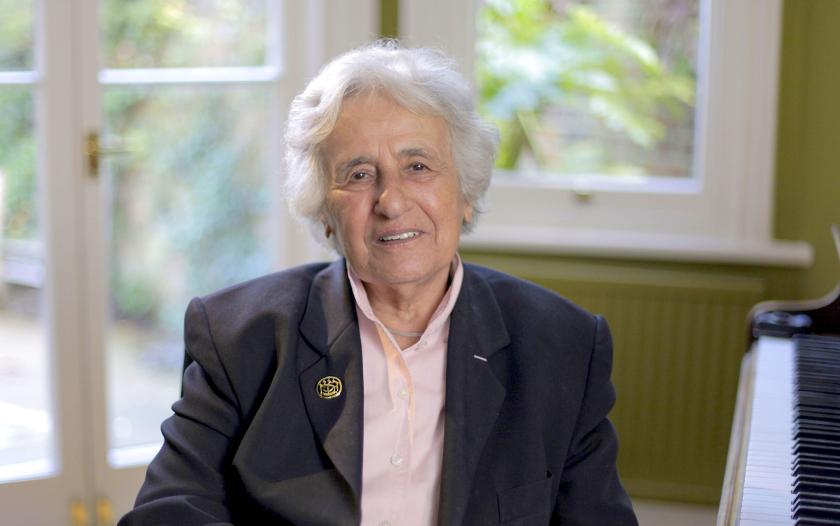The 75th anniversary of the liberation of Auschwitz reminds us once again of the unfathomable horror of the Holocaust. The revival of anti-semitism in our own country and elsewhere is why it’s worth telling these terrible stories again and again.
Belsen: Our Story (BBC Two) gathered together a small group of survivors – all looking remarkably healthy, considering their age and their experiences – to knit together the saga of the Belsen-Bergen camp in northern Germany. Originally an internment camp for prisoners of war, it was only later redesignated a concentration camp, and became steadily crammed with prisoners brought back from other camps as the Germans retreated. Thousands perished on these death marches. The bulk of Belsen’s 70,000 death-toll was caused by disease, starvation and overcrowding, as well as the psychotic brutality of the guards.
The individual testimonies were pitifully touching, going back to the early manifestations of anti-semitism in pre-war Germany to the grimly familiar accounts of families being rounded up and deported. The depravity of the Germans in the camps never ceases to amaze – they simply stopped giving the prisoners any food as the end of the war neared, and when Allied bombs destroyed the camp’s water pump they didn’t bother to repair it. There were reminiscences of the notorious camp commandant Josef Kramer, “The Beast of Belsen”, and the murderous warder Irma Grese, both hanged in 1945.
Dutchman Maurice Blik remembered how his baby sister Millie was born in Belsen, but died before he could give her his present – a boat made from three sticks and a carrot. Anita Lasker-Wallfisch (mother of renowned British cellist Raphael Wallfisch) had survived Auschwitz by being recruited into its women’s orchestra, and now survived Belsen too. People asked her how she could play music in Auschwitz. “Was I going to say ‘sorry, I’ll only play in Carnegie Hall?’” she retorted. British soldiers who’d liberated the camp, a stinking charnel house of emaciated, piled-up corpses, could barely bring themselves to describe it.
I could have done without the lugubrious and superfluous background music. The newsreel footage and the survivors themselves were more than enough.















Add comment